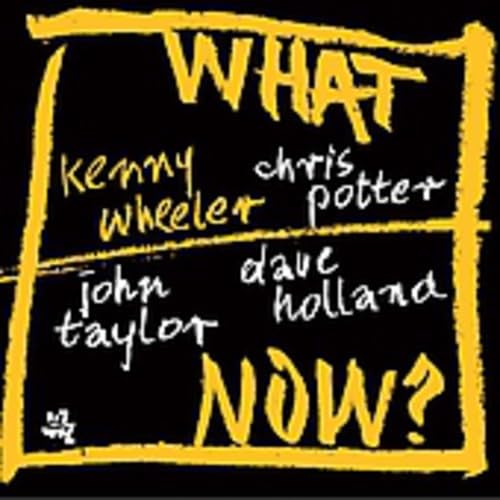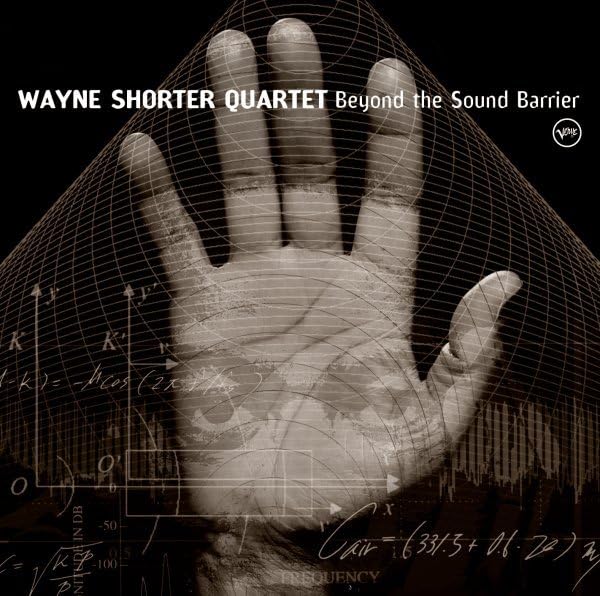New CDs and DVDs are released on Tuesdays. In years past, the holiday season worked like this: After Thanksgiving, retails buyers and distributors have their hands full trying to refill existing stock, so new releases are held until after the New Year. It made sense for everybody; holiday shoppers have a few weeks to pick up the latest releases for stocking stuffers, and the industry is able to streamline for four weeks to maximize profits.
Lately, however, studios and record labels have been pushing into those weeks to release new products. In the past three years, the Tuesday after Christmas has become a target date, based on the logic that shoppers will be spending gift certificates and merchandise credits. This remarkably stupid bit of reasoning is what you get when you hire executives that combine a total lack of front line experience with an arrogant determination to leave their mark: They fix what ain't broke.
You find the same thing at Starbucks, where a large is called "venti" and small doesn't exist. The logic is obvious: Customers will feel cheated if they pay three dollars for a small coffee, so instead it's called a "tall." That logic is also purely theoretical; if these executives ever worked behind a counter, they'd know that most customers simply ignore the jargon and order small, medium, or large. The idea probably sounds good in a boardroom with pie charts; but in a noisy, bustling store, people don't appreciate cutesy gimmicks. They want to buy their coffee and leave.
Working in a record store during the holidays isn't easy. It can be great fun; your customers aren't fighting over popular toys or discounted computers, and most of them are carrying lists which make them easy to help. But it's constant, neverending work; there are customers lined up outside before you open, and you'll have to lock out a few unlucky souls on most evenings before you can go home. You have enough to do, between trying to check out customers and refill shelf stock and keep everything neat and orderly; clearing space to advertise new releases is a task unto itself, and it simply isn't cost effective to saddle that responsibility onto retail clerks at this time of year.
This is a problem that's becoming pervasive in corporate America today: an insistence on siezing every small chance to make a dime, accompanied by a failure to understand that oftentimes you profit more through smart allocation of available resources.














